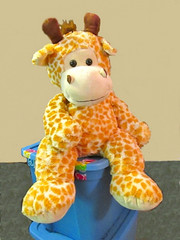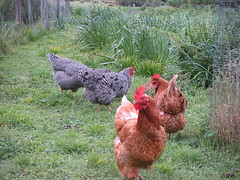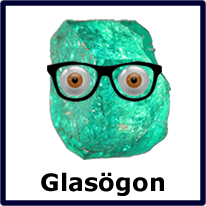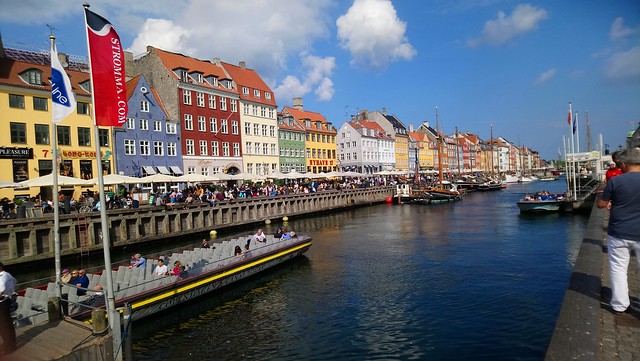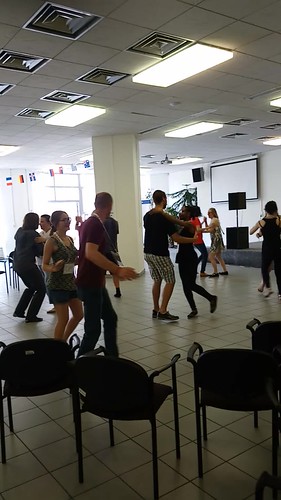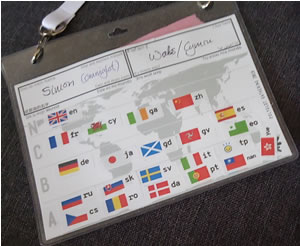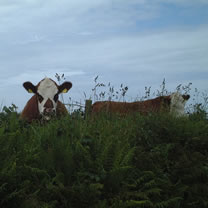If someone called you a knuff, would you see it as a compliment or an insult?
Knuff is an obsolete English word that means a lout or clown, so it would be an insult. It comes from the Old English cnof (a churl). The k is silent, but I think in Old English the c was pronounced [source].
Possibly related Swedish words include knuff (nudge, push, boost, dig, shove) [source] and knuffa (to push, nudge, shove) [source].
Possibly related German words include knuffen (to nudge; to jab; to pinch (usually playfully or even tenderly)) [source] and knuffig (cuddly) [source]
Possibly related Dutch words include knuffelen (to cuddle, hug), from the Low German knuffen (to poke; bump; nudge) [source], knuffig (cuddly) [source], knuffel (hug, cuddle, stuffed toy) [source] and knuffelbeest (stuffed toy) [source].
The word knuff came up in one of my Swedish lessons this week, and as I like the sound of it, I thought I’d write about it. There’s something about that combination of k and n and the beginning of a word that makes it sound cute and cuddly to me.
Which sounds and combinations of sounds (in any language) most appeal to you?
